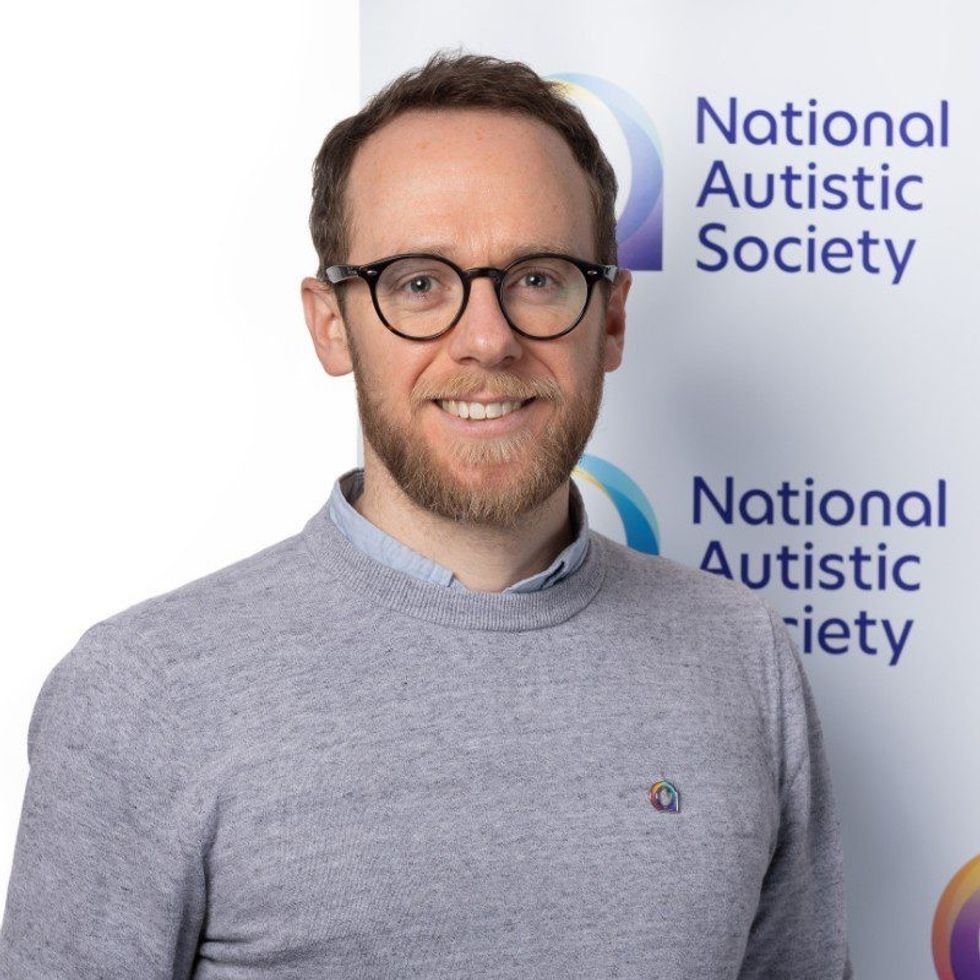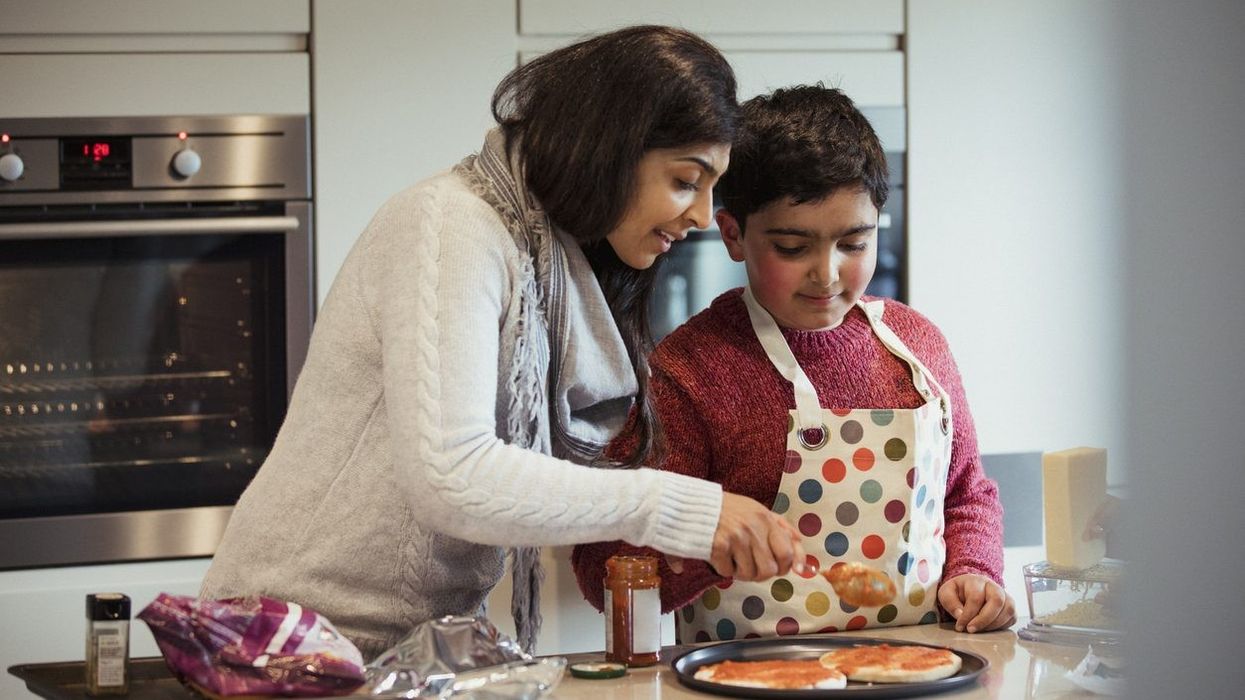British Indian children are being diagnosed with autism nearly two years later on average than white British youngsters, according to a new study.
Toddlers of Indian origin in the UK were diagnosed at 68 months, compared to 48 months for their white counterparts.
Researchers also found that British Indian parents became concerned that their child could have autism at 36 months old on average, 14 months later than white Britons, according to the findings shared with Eastern Eye.
The study by Anglia Ruskin University in Cambridge, which is expected to be published soon, said it found the process takes longer for children of Indian heritage to get diagnosed.
It also found that British Indian parents looking after an autistic child scored lower on emotional wellbeing and reported higher stress levels. But they told researchers they had higher perceived emotional support from their spouse with the lower divorce rate cited as among the possible reasons.

Dr Steven Stagg, a senior lecturer in psychology at Anglia Ruskin University who led the study, told Eastern Eye: "The earlier you can get a diagnosis, the better.
"There is more qualitative research needed funding pending. There are very few papers in this area, maybe two papers on minority communities in the UK.
"Often, ethnicity doesn't come up, it is a generalised concept across communities," said Dr Stagg.
The study involved 52 British Indian parents and 120 white British families.
It also found that parents of Indian heritage scored lower for a perceived wider support system from extended family members and the NHS.
On the possible reasons for the later diagnosis in the Indian community, Dr Stagg added: "There is maybe a reluctance to acknowledge a child has a disability. If you have a stigma, a lot of adults in their 50s and 60s would never have had a diagnosis, that would be fascinating research."
The autism specialist believes having more "positive publicity around autism involving people from different communities" in the media would help to tackle the stigma. "You have celebrities who have autism on programmes but rarely from the Indian and black community represented," he added.
British Asians make up roughly four per cent of the UK population. In 2018, two per cent of referrals to the NHS for autism assessments were from this community. While 0.2 per cent of white children receive statements for autism in schools, the figure is 0.07 per cent for those from a south Asian background.

The National Autistic Society charity has previously highlighted a lack of research about the experience of people from Black, Asian and minority ethnic (BAME) groups which it said was making it harder for them to get the right tailored support. Dr Chris Papadopoulos, from the University of Bedfordshire, is the lead for the London Autism Group charity.
He told Eastern Eye: "We do need more work on all levels to tackle the stigma of autism that exists and ensure that services are culturally competent.
"A lot of ethnic minority communities carry a high level of misunderstanding of autism, they hide away and conceal the situation because of the stigma.
"The autistic person doesn't get the same opportunity as others. When they do access services, they often feel misunderstood by the professionals they come into contact with, GP or charities."
Autism is not an illness or medical condition, but means your brain works in a different way from other people, the NHS said. Signs include a person finding it hard to communicate and interact with other people and to understand how others think or feel. Also finding bright lights or loud noises overwhelming, stressful or uncomfortable.
Feeling anxious or upset about unfamiliar situations and social events, taking longer to understand information and doing or thinking the same things repeatedly are other possible indicators.
Dr Papadopoulos added: "Charities and any organisation need to get into the local communities where the stigma exists.
"They need to be innovative and clever and get community leaders on side, the people with the biggest voices - you cannot just do general national initiatives."
"Lots of service providers don't know as much as they should know, research has shown this of having a poor understanding of autism and neurodiversity."

A report revealed the widespread discrimination, biases, and lack of resources available for marginalised families with autistic children.
Published in March by the University of Birmingham, the study found that challenges included getting a diagnosis, accessing educational support, challenging illegal exclusions and getting a carer.
Researchers found that 17 per cent of the general school population are on free school meals compared to 28 per cent of autistic children. And rates of exclusion from schools are much higher in pupils with autism, especially for those from minority ethnic communities or on free school meals.
The National Autistic Society recently launched a three-year strategy. It aims to launch specific programmes to increase employment of autistic people from minority and marginalised backgrounds and partner with other groups to run campaigns that reflect the full range of autistic experiences including those from BAME backgrounds.
Tim Nicholls, from the National Autistic Society, said: “Getting an autism diagnosis and the right support are often huge battles and research suggests it can be even harder for many autistic people from minority and marginalised backgrounds.
“We need a better understanding of autism, and the barriers many people face, across every part of our society, including education, health and care professionals.
"It's vital that all autistic people have the support they need."




